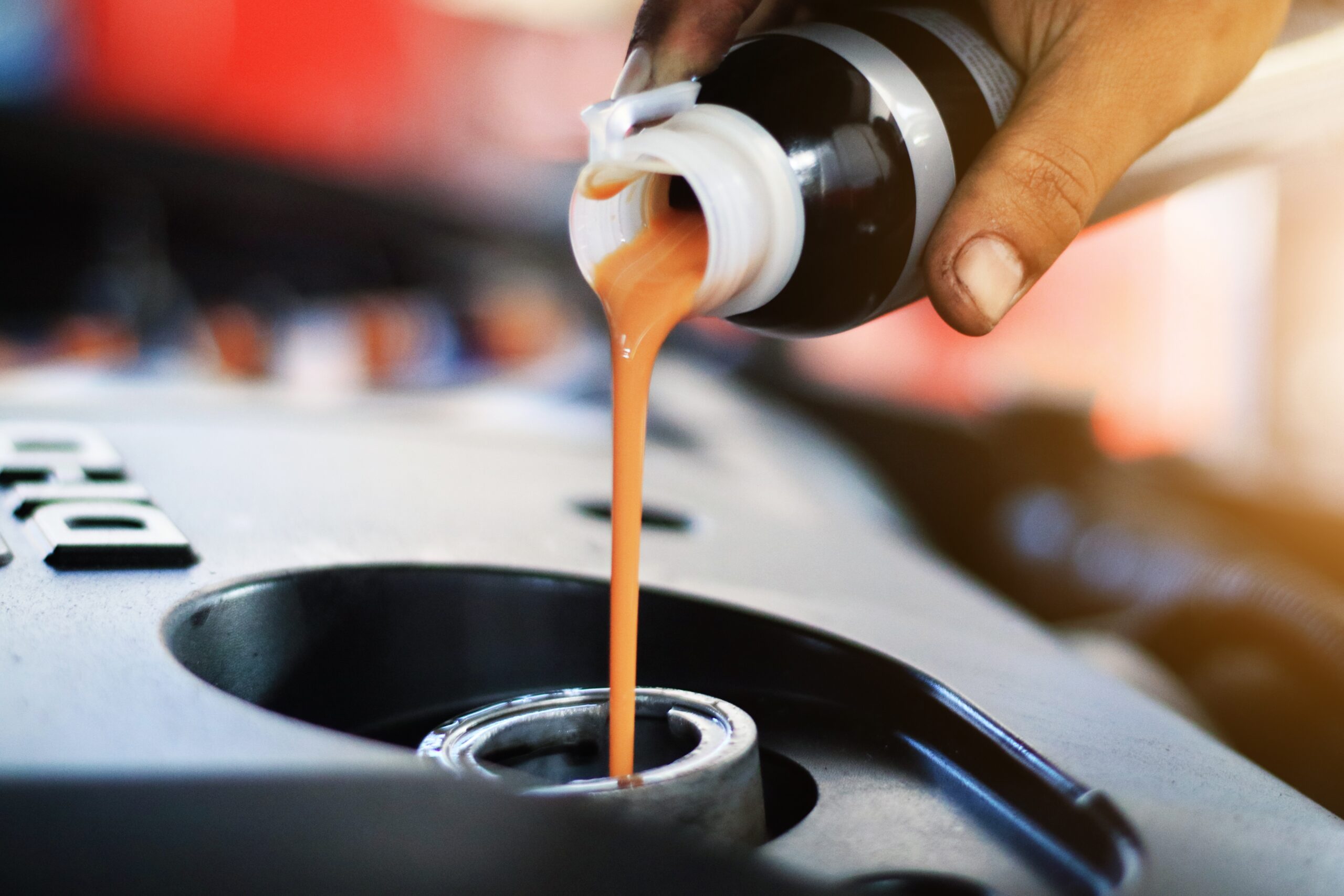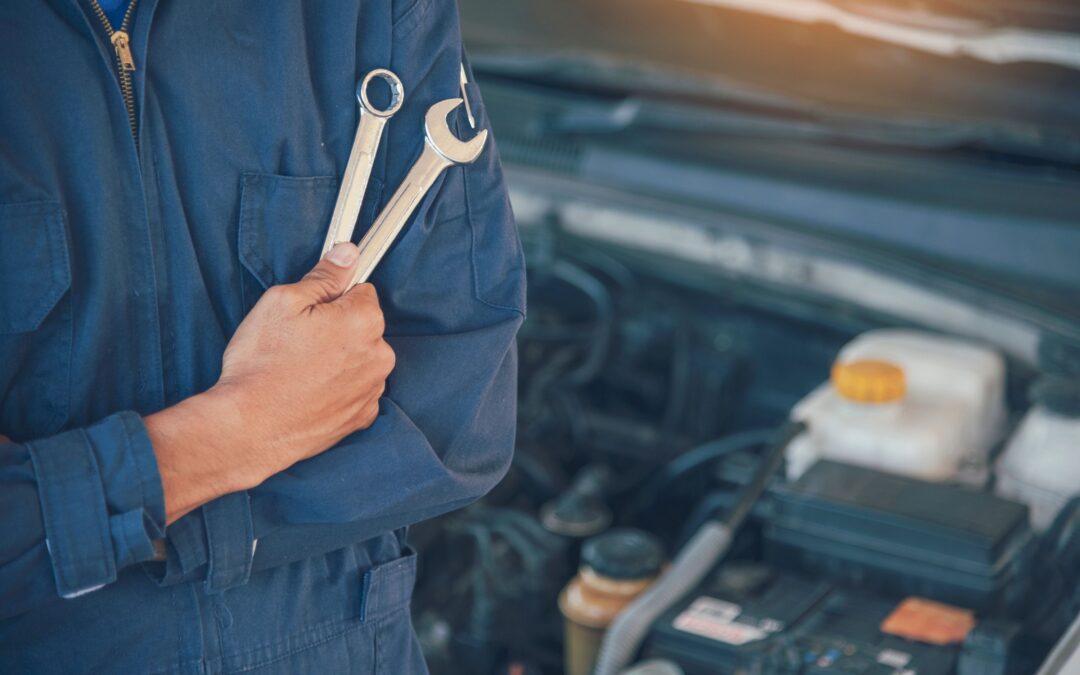When it comes to maintaining your vehicle, manufacturers are clear about the basics. They provide detailed maintenance schedules—usually one for “regular” driving and another for “severe” conditions. What they don’t provide, however, is much guidance on automotive additives.
So, what should you do when you take your car in for routine maintenance and suddenly get a call with a long list of recommended extras? Here are some common examples you might hear:
- Gasoline additive
- Ventilation system deodorization
- Engine flush
- Transmission additive
- Engine decarbonization
- Cooling system flush with conditioner
- Cooling system stop leak or dye
- Fuel injector cleaning
- Air conditioning oil additive or dye
It can be overwhelming—especially if you’re not sure which of these are worth the investment. The easiest solution is to have a trusting relationship with your repair facility so they can make recommendations based on how you drive and maintain your car.
If you don’t have that, here’s a guide to help you decide.
My Experience with Additives
Years ago, we started recommending a fuel system additive designed to clean carbon from the intake system and combustion chamber. We tried it on our own cars first and immediately noticed better cold-engine drivability.
We then began recommending it to our customers and asked for feedback—responses were overwhelmingly positive.
A few years later, I attended a class on diagnosing fuel injection issues. To my surprise, other technicians talked about frequent, expensive fuel injector replacements and complex drivability problems.
We rarely saw those problems in our shop—and the only conclusion I could draw was that the additive we recommended was helping keep injectors, intake systems, and combustion chambers clean.
At about $40 every 15,000 miles or 18 months, it was saving our customers hundreds of dollars in repairs.
So, in this case, my answer to “Should you use additives?” is a strong YES.
A Quick Guide to Common Additives and Services
- Fuel System Additives: Yes—especially when used proactively to prevent carbon buildup and maintain injector performance.
- Ventilation System Deodorization: No—if you have an odor, it should be diagnosed and the cause fixed, not covered up.
- Engine Flush: Generally, no. If your engine is dirty inside, more frequent oil changes are a safer cleaning method. Advanced flush additives can be useful in special cases, but they’re not for routine maintenance.
- Transmission Additives: Only as a diagnostic tool. If the transmission is acting up, change the fluid first; sometimes an additive may help.
- Coolant Flush Additives: Yes—coolant breaks down over time, even “lifetime” types. Flushing and adding a conditioner can help protect your heater core and cooling system.
- Stop Leak or Dye Additives (Cooling System): Dye is excellent for finding leaks. Stop leak should only be a last resort for tiny leaks when repair isn’t immediately possible.
- Fuel Injector Cleaner: Yes—as a preventative measure to avoid costly injector replacements.
- A/C Dye and Oil Additives: Yes—dye helps pinpoint leaks quickly, and compressor oil additives can offer extra protection.
The Bottom Line
Additives can be valuable preventive maintenance tools—but not all are worth the cost. The best approach is to:
- Follow your manufacturer’s maintenance schedule.
- Work with a shop you trust to recommend only what’s truly beneficial.
- Use proven additives selectively, focusing on prevention rather than repair.
When used wisely, additives can help you avoid major repairs and keep your vehicle running smoothly for years to come.






